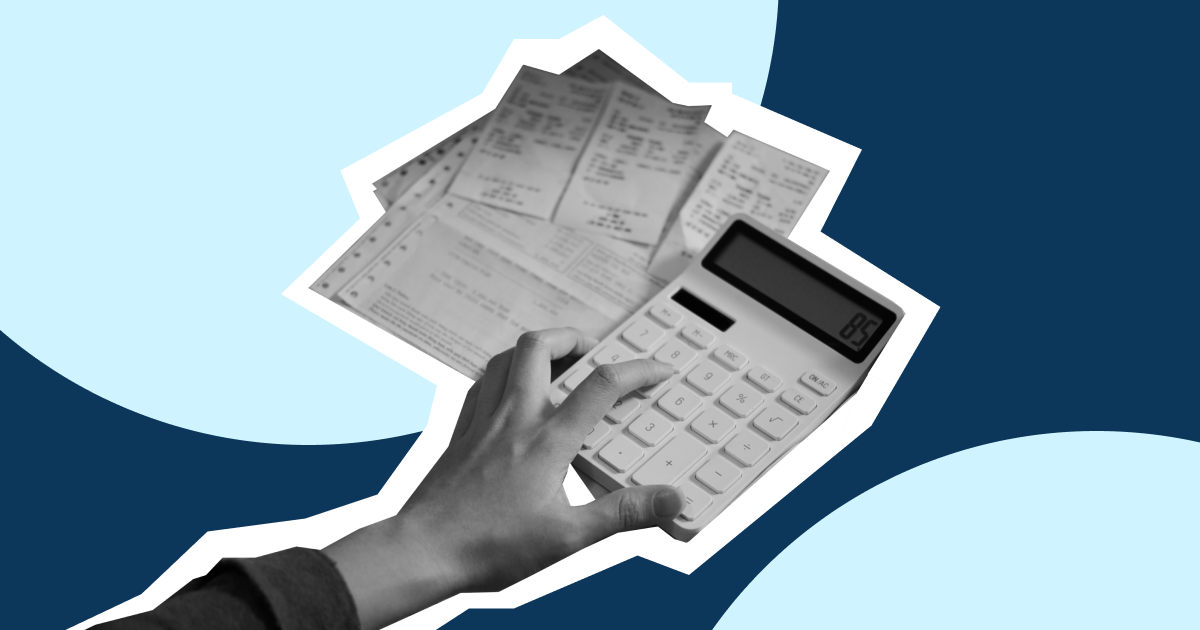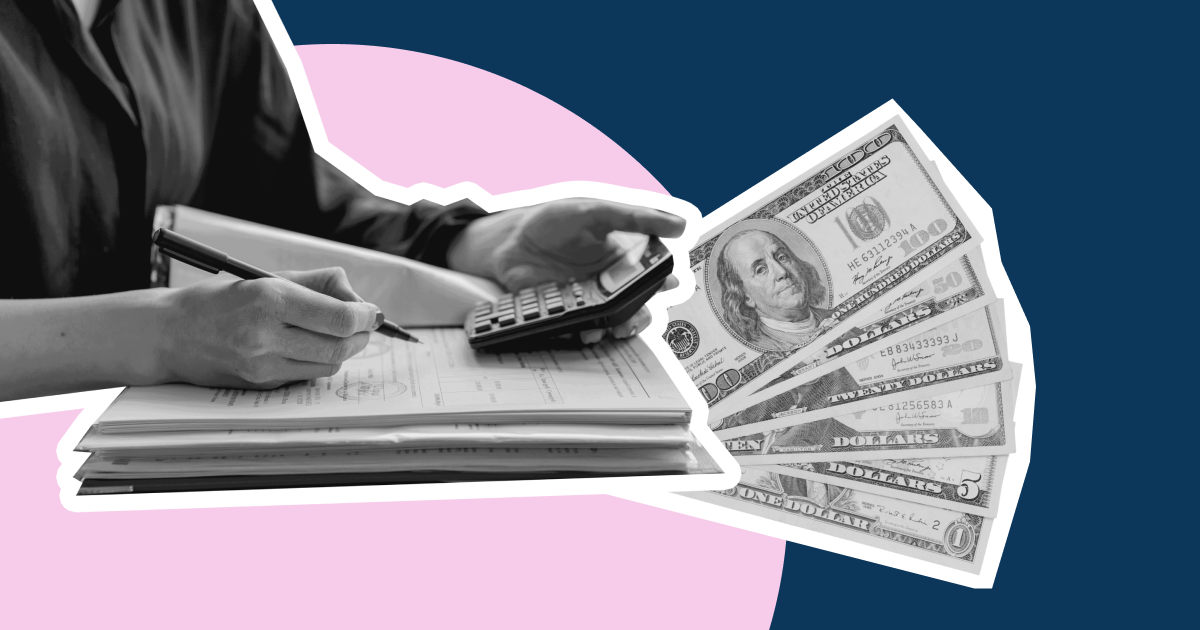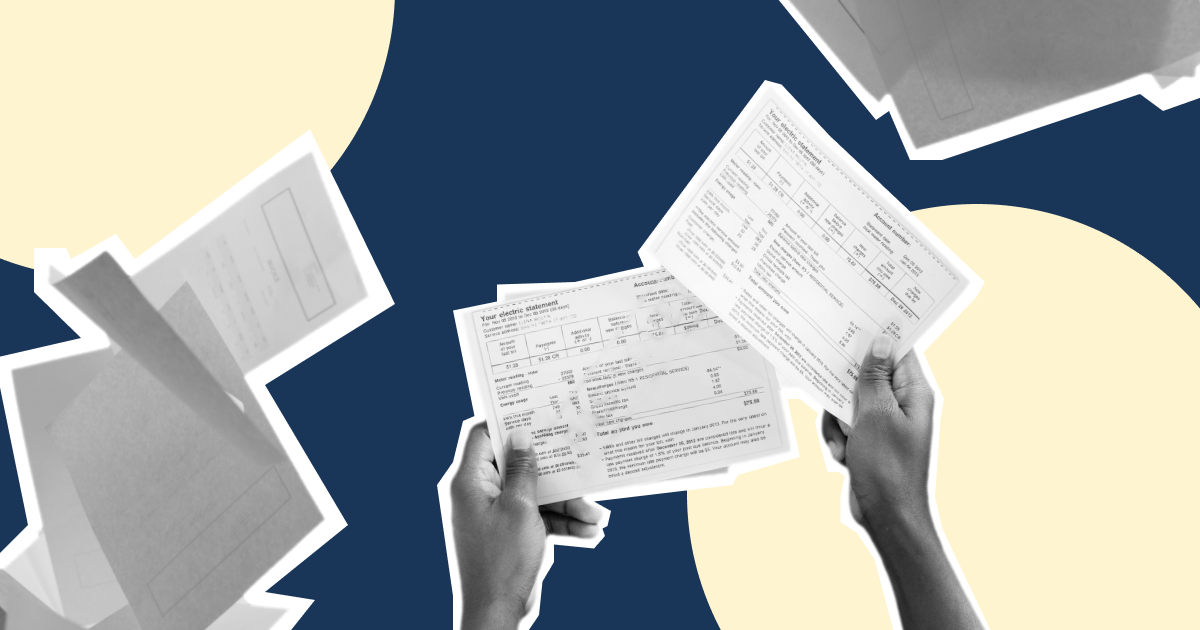Summary
As a business owner, making a profit and growing your brand will certainly be on top of your priority list. But along with that, it is also important to know your tax obligations. Being a sole proprietor, you may be wondering how to go about working out your business and personal taxes.
In this article, we’ll take you through what you need to know about the basic tax requirements for sole proprietors in Singapore.
Taxes 101 for Sole Proprietorship

If you are a sole proprietor, it’s likely that you are either self-employed or a small business owner. As with any business structure in Singapore, you are required to report your business income in your tax return. However, since sole proprietorships have no separate legal identity, you will be taxed at individual income tax rates.
This also presents a huge advantage for sole proprietors as you only have to report individual tax returns, compared to Private Limited Companies (PLC) that have more tax requirements to comply with. Other than that, other Singaporean residents that are taxed by individual income tax rates include freelancers, self-employed persons, and partners in a partnership.
💡 Tips: Launch your startup in Singapore, from anywhere in the world. Register your business with Aspire Kickstart and enjoy a 100% online and seamless process
How do you calculate your taxable income?
In order to file your tax return, you first have to calculate your overall business income. Typically, your taxable income will consist of business expenses such as the cost of goods or products sold, income from investments such as interest or rental; premiums and royalties, and any other gains that can be considered as revenue.
Non-taxable income includes any income exempted under the Income Tax Act and capital gains like gains on foreign exchange on capital transactions.
How much do you pay in taxes as a sole proprietorship?
As a sole proprietor, you are solely responsible for accounting all the income generated from your business as this will come in handy during the taxation process. Once all your records and taxes have been accounted for, you will need to submit them to the Inland Revenue Authority of Singapore (IRAS) just as any other business would.
In Singapore, the government has developed a progressive income tax system for tax residents, where higher income earners pay more taxes. Depending on your business earnings, Singapore sole proprietorships need to pay an income tax rate of 2% to 22%, which have been applicable since 2017.
Are there tax incentives?
Unfortunately, sole proprietorships are not eligible for corporate income tax. However, they may enjoy Personal Income Tax Rebates occasionally. On top of that, there are other tax schemes available to sole proprietorships that provide exemptions and reductions.
Productivity and Innovation Credit (PIC) Scheme
Under this scheme, credit is offered to business owners in the form of tax deduction if their business actively invests in activities that involve and support innovation. This includes employee training, investing in design projects, acquisition and leasing of Automation and IT equipment, as well as Research and Development (R&D) activities.
The aim of the PIC scheme is to encourage business owners to continue championing innovation through their companies to improve the overall efficiency and productivity in their operations.
Tax Exemption Scheme for New Startups
For the first three assessment years, startups can enjoy a special tax exemption from the tax authority in Singapore. Generally, all startups are eligible for the scheme except companies whose principal activities involve investment holding or developing properties for sale or investment.
This tax exemption scheme was made to help startups grow in the country and to promote entrepreneurship as a sustainable source of income for Singaporeans.
Deduction for Charity Work

Under the Business and IPC Partnership (BIPS) Scheme, tax deductions are provided to companies that promote charitable work. These companies can avail tax deductions of 250% on business expenses and salaries in the event that they extend their services or volunteer with various institutions.
This whole idea behind this scheme is to promote philanthropy and cultivate a giving culture amongst Singaporean business owners. Apart from sole proprietorships, partnerships and registered business trusts are eligible to apply as well.
Other claimable tax deduction schemes include:
- Business Expenses
- Business and IPC Partnership Scheme (BIPS)
- Business making losses and unabsorbed capital allowances
- Capital Allowances (CA)
- Capital Expenditure incurred on Renovation or Refurbishment works
- Double Tax Deduction for Internationalisation Scheme
- Expenses incurred before commencement of business
- Land Intensification Allowance
- Medical expenses
- R&D Expenditure
What happens next?
Thankfully, you only have to file your taxes once a year. However, in order to avoid any charges, make sure that you pay your taxes accurately and on time. You wouldn’t want to open yourself up for potential tax audits and penalties!










%201.webp)


.webp)